Reward system
Recent articles
In case you missed it: Standout news stories from 2024
These five stories—on the pregnant brain, a failed imaging method and more—top our list of some of the most notable neuroscience research findings this year.
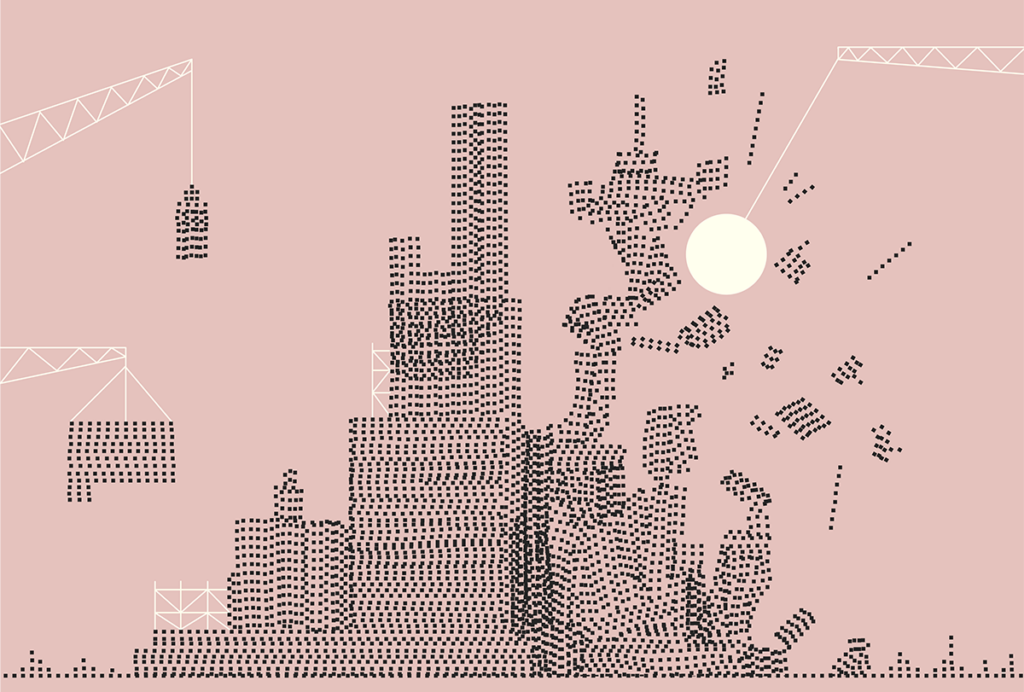
In case you missed it: Standout news stories from 2024
These five stories—on the pregnant brain, a failed imaging method and more—top our list of some of the most notable neuroscience research findings this year.
Vijay Namboodiri and Ali Mohebi on the evolving story of dopamine’s role in cognitive function
Researchers discuss the classic stories of dopamine’s role in learning, ongoing work linking it to a wide variety of cognitive functions, and recent research suggesting that dopamine may help us "look back" to discover the causes of events in the world.
Vijay Namboodiri and Ali Mohebi on the evolving story of dopamine’s role in cognitive function
Researchers discuss the classic stories of dopamine’s role in learning, ongoing work linking it to a wide variety of cognitive functions, and recent research suggesting that dopamine may help us "look back" to discover the causes of events in the world.
Reconstructing dopamine’s link to reward
The field is grappling with whether to modify the long-standing theory of reward prediction error—or abandon it entirely.
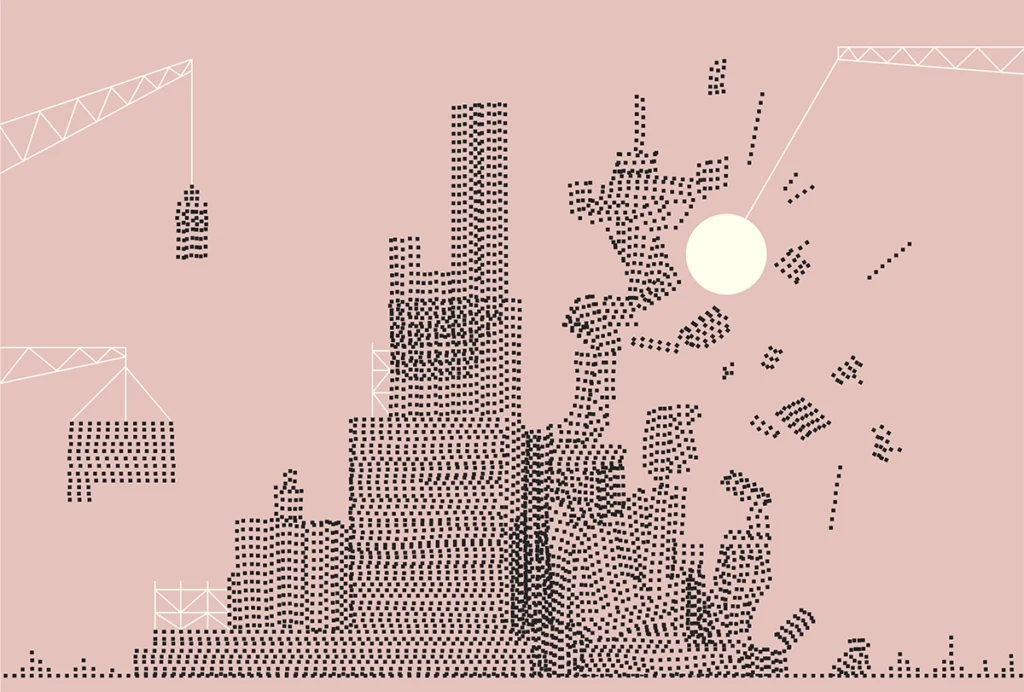
Reconstructing dopamine’s link to reward
The field is grappling with whether to modify the long-standing theory of reward prediction error—or abandon it entirely.
Dopamine and the need for alternative theories
Some experimental findings are inconsistent with the dominant model of reward prediction error, highlighting the need for alternative testable and falsifiable models for dopamine function.
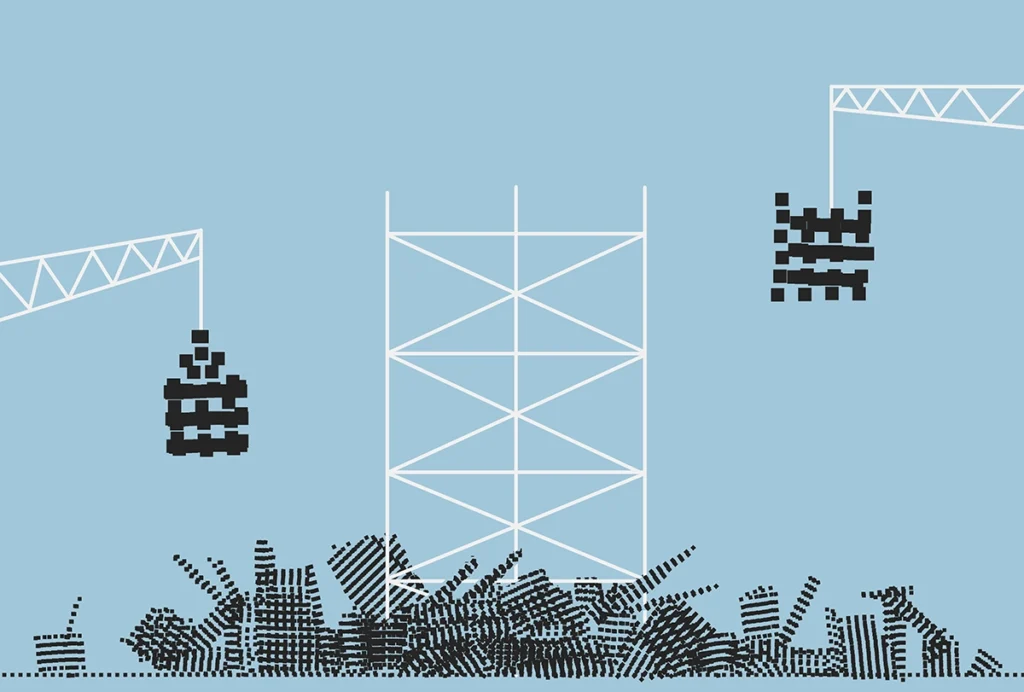
Dopamine and the need for alternative theories
Some experimental findings are inconsistent with the dominant model of reward prediction error, highlighting the need for alternative testable and falsifiable models for dopamine function.
Does a new theory of dopamine replace the classic model?
My answer would be no, but the model poses challenges that will sharpen our understanding of dopamine and learning.
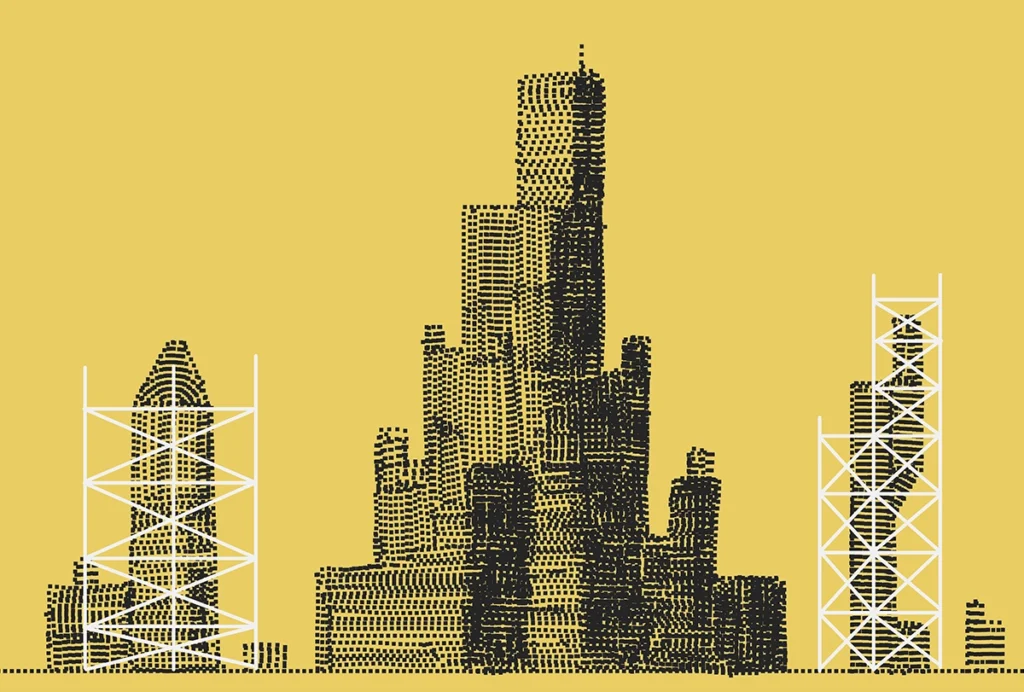
Does a new theory of dopamine replace the classic model?
My answer would be no, but the model poses challenges that will sharpen our understanding of dopamine and learning.
Cocaine, morphine commandeer neurons normally activated by food, water in mice
Confirming a long-held hypothesis, repeated exposure to the drugs alters neurons in the nucleus accumbens, the brain’s reward center, and curbs an animal’s urge for sustenance.
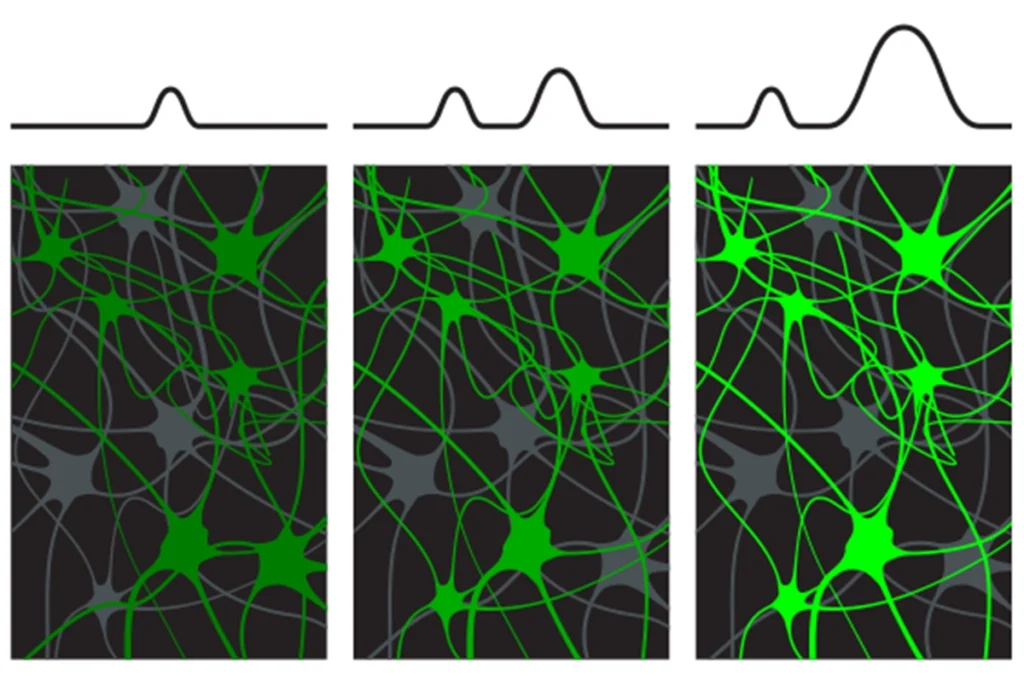
Cocaine, morphine commandeer neurons normally activated by food, water in mice
Confirming a long-held hypothesis, repeated exposure to the drugs alters neurons in the nucleus accumbens, the brain’s reward center, and curbs an animal’s urge for sustenance.
Explore more from The Transmitter
Who funds your basic neuroscience research? Help The Transmitter compile a list of funding sources
We want to hear from you about the sources of funding for your research.
Who funds your basic neuroscience research? Help The Transmitter compile a list of funding sources
We want to hear from you about the sources of funding for your research.
The future of neuroscience research at U.S. minority-serving institutions is in danger
Cuts to federally funded programs present an existential crisis for the University of Puerto Rico’s rich neuroscience community and for research at minority-serving institutions everywhere.

The future of neuroscience research at U.S. minority-serving institutions is in danger
Cuts to federally funded programs present an existential crisis for the University of Puerto Rico’s rich neuroscience community and for research at minority-serving institutions everywhere.
Unexpected astrocyte gene flips image of brain’s ‘stalwart sentinels’
The genetic marker upends the accepted orientation of non-star-like astrocytes in the glia limitans superficialis.
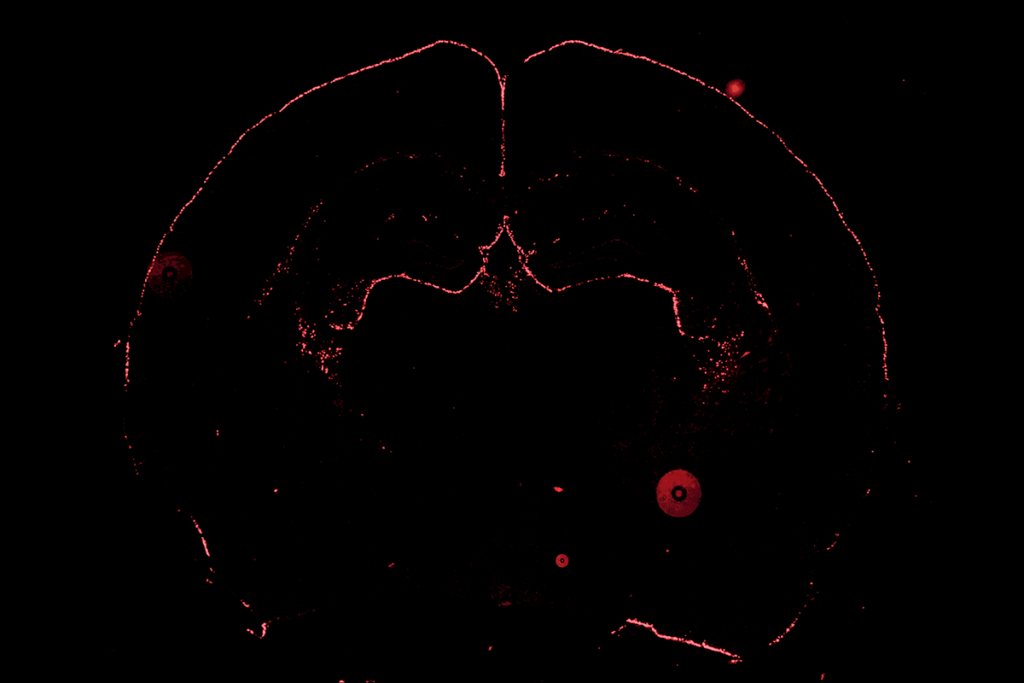
Unexpected astrocyte gene flips image of brain’s ‘stalwart sentinels’
The genetic marker upends the accepted orientation of non-star-like astrocytes in the glia limitans superficialis.